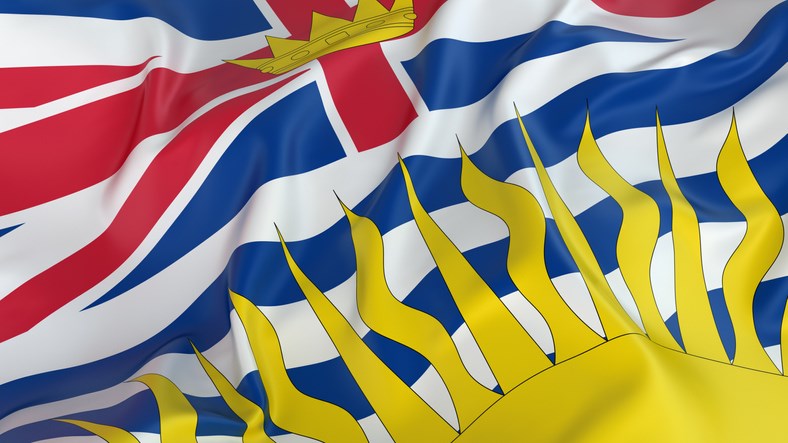The past couple of years have provided many opportunities for governments and institutions in North America to make amends with First Nations.
Some of the most prominent changes have been observed in the realm of professional sports. We have witnessed the National Football League (NFL) team from Washington, D.C., abandon its original name. They will be joined by Cleveland’s Major League Baseball (MLB) franchise, which will be known as Guardians in 2022.
In September 2019, Research Co. asked Canadians about the names of specific sports teams. At the time, 23% of the country’s residents considered that the Edmonton Eskimos of the Canadian Football League(CFL) had an unacceptable name, while 60% deemed it proper.
Almost two years have passed, and the franchise is now called the Edmonton Elks. This development was welcomed by First Nations communities and did not result in any significant backlash from the team’s fan base. The views of those who called for a change were taken into account, even if it a majority of Canadians were initially unsympathetic.
Every summer, as BC Day is about to arrive, we hear debates about two specific features of the province: its name and its flag. Other regions of Canada have names that evoke First Nations languages. There is only one that features the words “British” and “Columbia,” at a time when discussions about decolonization are noticeable and references to Christopher Columbus lead to widespread protests in some Latin American countries.
The flag is also a point of contention. Along with Manitoba and Ontario, British Columbia devotes a significant area of its ensign to the Union Jack. Other provinces do not devote any space to the de facto national flag of the United Kingdom.
Research Co. and Glacier Media asked British Columbians about their feelings on our name and our flag. The results show a province where a person’s age defines the level of attachment with the status quo, and where the appetite for change is not as high as some might assume.
In our survey, just over two-thirds of the province’s residents (67%) say they have no problem with the name British Columbia. This means that one-third are critical of some aspects, including the absence of an acknowledgement to Indigenous peoples (18%), the “British” part (15%) and the “Columbia” part (8%).
British Columbians aged 18 to 34, who in the past have demonstrated a remarkable ease to understand issues such as residential schools, are more likely to find fault with a provincial name that does not evoke First Nations (27%) than their counterparts aged 35 to 54 (19%) and aged 55 and over (10%).
Across the province, only 26% of British Columbians agree with the idea of changing the name of the province to acknowledge its Indigenous heritage. However, support for this modification reaches 37% among residents aged 18 to 34, a significantly higher proportion than what is observed among those aged 35 to 54 (30%) and aged 55 and over (14%).
Support for removing the Union Jack from the provincial flag is a little higher (30%), but practically half of residents (49%) disagree with following this course of action. While British Columbians aged 55 and over are not happy with the prospect of a flag that removes the crosses of Saint Andrew, Saint George and Saint Patrick (62%), this view is not shared by as many residents aged 18 to 34 (44%) and aged 35 to 54 (40%).
The ubiquitous chats about the province’s name and flag show us how much the state of affairs has changed since 2010, when the Queen Charlotte Islands were renamed Haida Gwaii. At the time, animosity towards this decision was not particularly prominent. When we asked British Columbians about it this month, a majority (56%) agree with the modification, while only one in five (20%) disagree.
The survey suggests that the public is simply not there when it comes to justifying a change of flag or name, but that does not mean that there is unanimity about the current situation, with criticism being stronger among British Columbia’s youngest adults.
In any case, if a government decides to take this matter beyond its nascent stage of public debate, the challenges will be enormous. Creating new uniforms and decals, like the Edmonton Elks did, is a significantly easier process than renaming an entire province. A new flag might be appealing, but would require an extremely open and fair contest that would not allow interested parties to hijack the process for their own amusement, or to turn a bona fide exercise into a joke. •
Mario Canseco is president of Research Co.
Results are based on an online study conducted from August 7 to August 9 among 800 adults in British Columbia. The data has been statistically weighted according to Canadian census figures for age, gender and region in British Columbia. The margin of error, which measures sample variability, is plus or minus 3.5 percentage points, 19 times out of 20.




